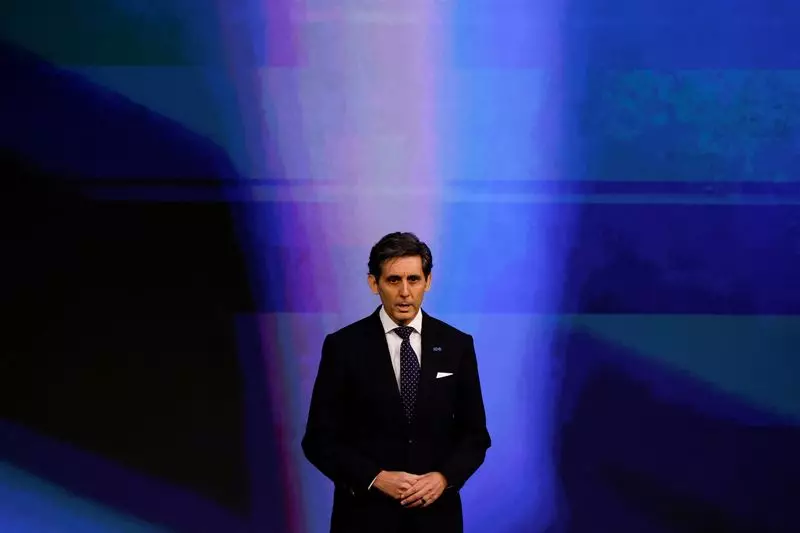The telecommunications industry in Europe is grappling with significant challenges as companies navigate a highly competitive environment, coupled with the high costs associated with next-generation technology investments, such as 5G. In a surprising turn of events, Spain’s state-owned investment fund, SEPI, has proposed a change at the helm of Telefonica, one of the largest telecommunications providers in Europe. This move comes amidst pressing needs for strategic recalibrations in leadership that can drive innovation and transform business models in line with current market demands.
Jose Maria Alvarez-Pallete has been at the forefront of Telefonica since 2016, steering the organization through turbulent waters marked by fierce competition and shifting consumer behaviors. However, the recent recommendation to replace him with Marc Murtra, the executive chairman of defense contractor Indra, indicates SEPI’s intent to usher in a fresh perspective. Murtra’s history of enhancing Indra’s focus on defense and aerospace, especially in the context of rising military expenditures in Europe, suggests that SEPI may be seeking robust leadership that prioritizes strategic alignment with government interests and national security imperatives.
Any leadership change at Telefonica hinges upon the approval of its board and ultimately, its shareholders. The timing of the board meeting is crucial, with expectations that discussions will transpire in the near future. As shareholders gear up for the annual general meeting, the outcome of these deliberations will significantly influence Telefonica’s strategic roadmap. The portrayal of Carlos Ocana, a seasoned industry expert, as a government representative on Telefonica’s board may further underscore SEPI’s commitment to shaping company policies aligned with national objectives.
The recent acquisition by the Spanish government of a 10% stake in Telefonica highlights a broader trend wherein governments actively play a role in shaping the telecommunications landscape. This move was designed to level the playing field against the backdrop of a similar stake gain by Saudi Arabia’s telecommunications group, STC. By fortifying its position within Telefonica, the Spanish government aims to influence strategic decisions while ensuring the national interests are well-represented in major global telecommunications dialogues.
The context within which Telefonica operates is laden with profitability pressures stemming from various fronts. As competition intensifies and infrastructures require massive investments, especially for emerging technologies like 5G, the company’s past strategy of divesting stakes in less profitable segments becomes a pivotal part of its transformational approach. This strategic pivot emphasizes the need for innovation and adaptive business strategies to sustain competitiveness amidst mounting profit pressures.
The anticipated leadership change within Telefonica signifies much more than a mere organizational reshuffle. It is a reflection of an evolving telecommunications landscape in Spain and broader Europe, where government investments and strategic foresight play pivotal roles in steering the future of national telecommunications giants. As SEPI seeks to embed its influence in Telefonica’s operations, the decisions made in the coming weeks could herald a significant shift in the company’s trajectory amidst a demanding global environment.

